Greece to spend 20 bln euros on lifting low birth rate
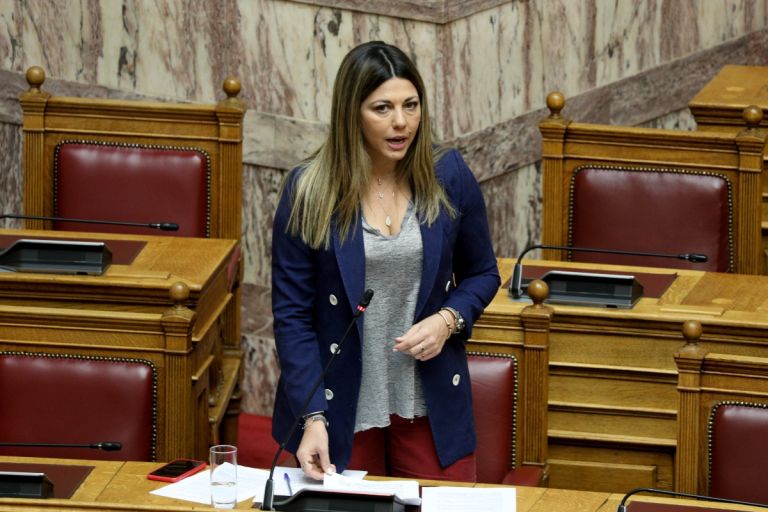
Πηγή Φωτογραφίας: Eurokinissi (Αρχείου)//Greece to spend 20 bln euros on lifting low birth rate
Greece, which saw its lowest number of births in 2022, plans to spend 20 billion euros ($22 billion) through 2035 on incentives to halt the decline, including cash benefits and tax breaks, its family ministry said.
Greece currently spends around 1 billion euros a year on pro-child measures but, like other European countries, to little effect.
At 1.3, Greece’s fertility rate is among the continent’s lowest and well below the 2.5 needed for population growth. Economic forecasts indicate its workforce is set to fall by 50% by 2100, with its output shrinking by 31% over the same period.
Prime Minister Kyriakos Mitsotakis has called the country’s demographic crisis a drain on pensions and “a national threat.”
“The statistics and forecasting models are ominous but we must all make an extra effort to overcome,” Family and Social Cohesion Minister Sofia Zacharaki said.
The so-called National Demographic Action Plan, in the works for months, was formally presented at a cabinet meeting this week. It includes spending from when Mitsotakis’s conservative government first came to power in 2019.
Births in Greece have been in freefall for years, driven by a decade-long economic crisis which began in 2009 as well as mass emigration of Greeks and changed attitudes among the young. Demography experts and even government officials have expressed skepticism about how much these plans can reverse the trend.
The ministry said the plan aimed to mitigate the impact of Greece’s shrinking and ageing population on fiscal sustainability, long-term competitiveness and social cohesion.
“The ultimate goal is to improve the standard of living,” Zacharaki said.
[Reuters]







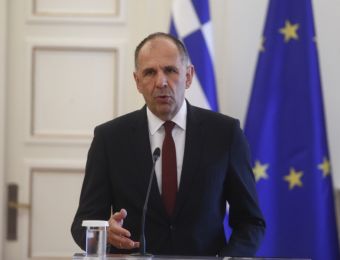

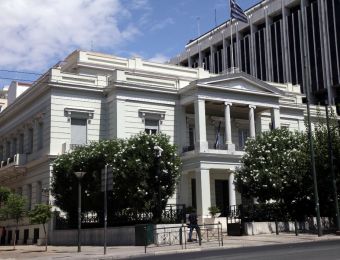

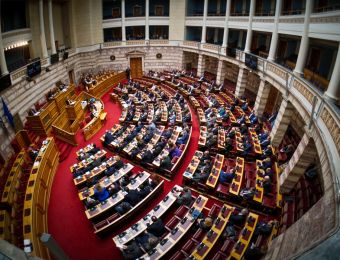


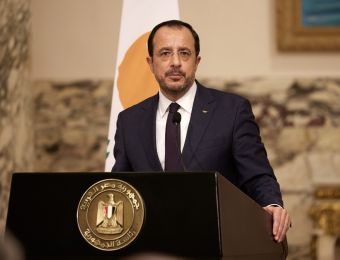

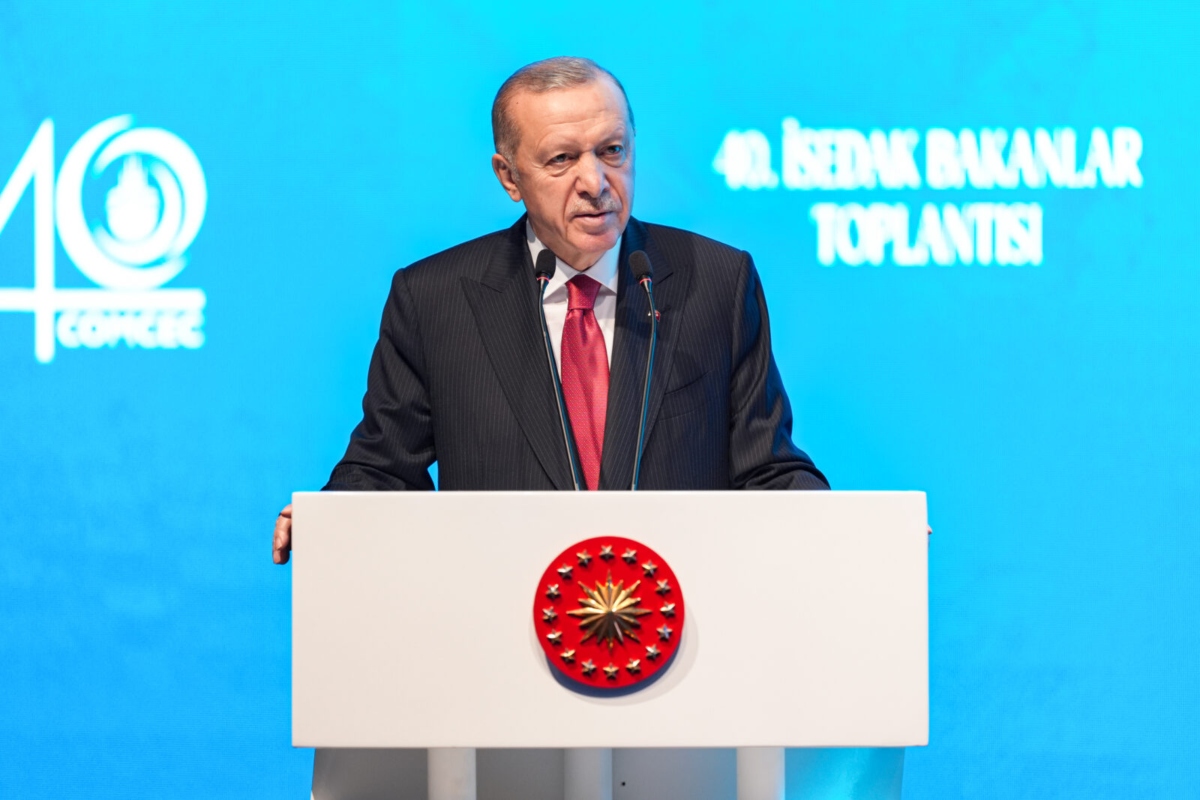


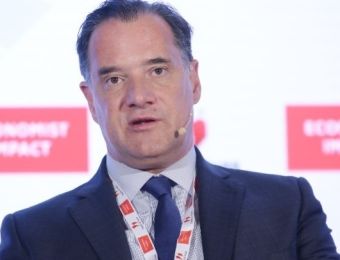

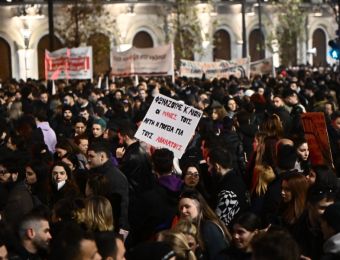






Το σχόλιο σας